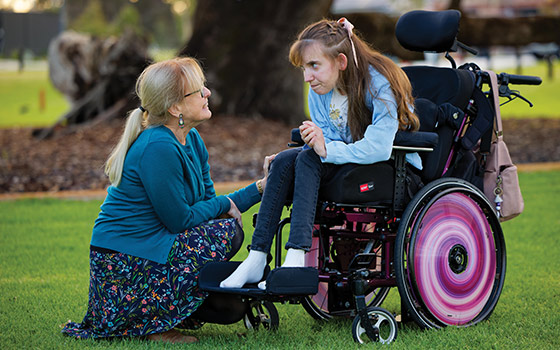Search
Thyroid hormones affect neurological development and function, but detailed studies of thyroid hormones and metabolites in autism are lacking. The objective was t characterize thyroid function and metabolism in autistic children.

The Quality of Life Inventory - Disability
Existing quality of life scales for children in the general population or with other disabilities did not capture the QOL of children with Rett syndrome
Ratio of second digit length to fourth digit length (2D:4D) has been extensively used in human and experimental research as a marker of fetal sex steroid...
In the majority of people, language production is lateralized to the left cerebral hemisphere and visuospatial skills to the right.
This study investigated whether the Communication Checklist - Adult (CC-A) could identify subtypes of social and communication dysfunction in autism probands an
This trial will determine the effectiveness of the TOBY App as a therapeutic complement to other early interventions children with ASD receive
Prevalence of overweight/obesity in children and youth with autism spectrum disorder, and associations between weight status and range of factors
We examine the level of comorbidity found between Autism spectrum disorder and Schizophrenia spectrum disorders at a clinical and trait level
